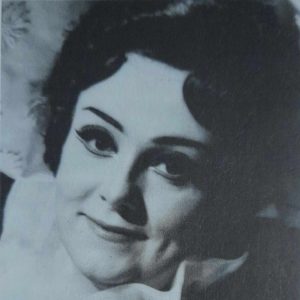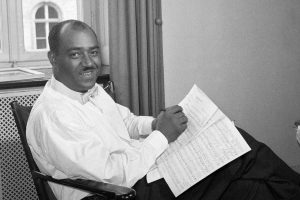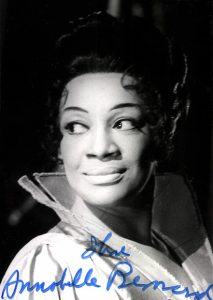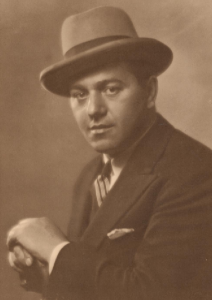Podcast: Play in new window | Download (Duration: 1:33:31 — 107.0MB) | Embed
Subscribe: Spotify | TuneIn | RSS | More
Have you ever encountered a singer that no one has apparently heard of, yet once you have discovered them, you feel compelled to introduce them to practically everyone you know? I’ve had this experience more than a few times over the past five years of producing weekly Countermelody episodes, and today I bring you another such singer: friends, meet Hana Janků, the Czech soprano who lived from 25 October 1940 to 28 April 1995. Her voice is one of steely brilliance that she can taper down to the slightest whisper of a pianissimo. As important as her extraordinary voice was her profoundly-felt and deeply-etched characterizations of all the roles she assumed. As a young music lover, Hana’s aims were modest, but thanks to a voice teacher who recognized her gift, she moved from the chorus to a member of the ensemble at the Brno Opera before she was 20. Five years later in Bratislava, she first performed the role with which she would be most closely associated: Puccini’s Turandot. Two short years later, after an arduous audition process, she sang the role at La Scala and became a star overnight. Her large repertoire also encompassed roles such Tosca, Gioconda, and Lady Macbeth, French and Russian operas as well as Mozart and Wagner roles, with a large smattering of roles by Czech composers as well, in particular Smetana and Dvořák. Because of political unrest, she made the difficult decision to leave her native Czechoslovakia, performing instead throughout the world, including stints in the ensembles at the Deutsche Oper am Rhein in Düsseldorf and the Deutsche Oper Berlin. Ill health forced her to leave the opera stage prematurely, and she died of cancer in Vienna before she turned 55. Janků left very few commercial recordings, but I have been plumbing the internet for rare live recordings spanning her entire career, encompassing not only her legendary Italian roles, but also roles by Mozart, Gounod, and Othmar Schoeck, as well as a smattering of Czech repertoire. It is an honor to present to you the woman whom Birgit Nilsson dubbed the finest Turandot of her era and who was, as we shall hear, so much more as well! Vocal guest stars include Franco Corelli, Giorgio Merighi, Cornell MacNeil, Roland Hermann, William Holley, and Naděžda Kniplová.
Countermelody is a podcast devoted to the glory and the power of the human voice raised in song. Singer and vocal aficionado Daniel Gundlach explores great singers of the past and present focusing in particular on those who are less well-remembered today than they should be. Daniel’s lifetime in music as a professional countertenor, pianist, vocal coach, voice teacher, and journalist yields an exciting array of anecdotes, impressions, and “inside stories.” At Countermelody’s core is the celebration of great singers of all stripes, their instruments, and the connection they make to the words they sing. By clicking on the following link (https://linktr.ee/CountermelodyPodcast) you can find the dedicated Countermelody website which contains additional content including artist photos and episode setlists. The link will also take you to Countermelody’s Patreon page, where you can pledge your monthly support at whatever level you can afford.





